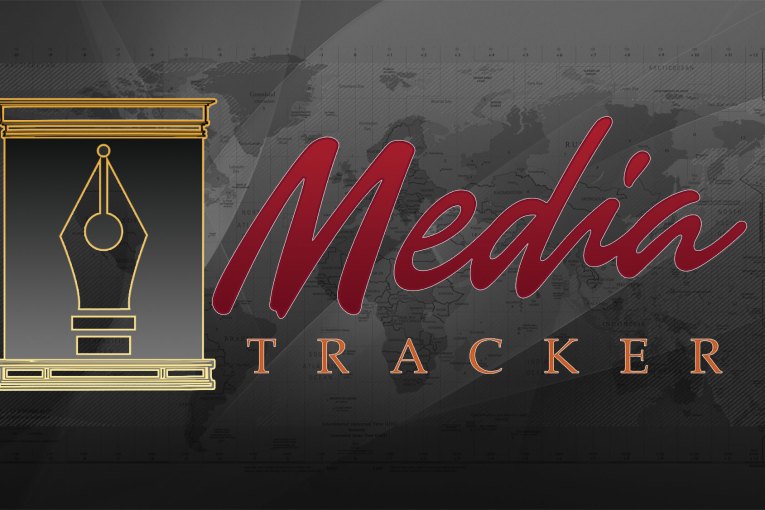
Media Tracker lists the challenges and achievements of the journalists and media organisations worldwide. Here’s a list of journalism at risk stories in the recent month. We would like to thank international media protection organisation and news outlets for their content.
- In the wake of the impending general elections, the Malaysian government has announced new media law that dubbed as Fake News Law by the free speech and media activists and workers. The new media law penalizes the spreading of “fake news” with six years’ imprisonment and a fine of 105,000 euros.
The ruling Barisan National party (BN), under the leadership of Prime Minister Najib Razak, controls more than 50 percent of the seats in the national legislature and took one day to pass the bill, made in collaboration with the National Security Council and the Malaysian Communications and Multimedia Commission (MCMC).Malaysian government has been particularly disgruntled by free media in the past few years. In 2015, the Malaysian prime minister was accused of corruption as part of the infamous “1Malaysia Development Berhad”(1mdb) case, first revealed by Sarawak Report and Radio Free Sarawak, alleging Razak had transferred millions of dollars to his personal bank accounts from 1mdb among other cases of corruption within the government. The scandal was used by the major political opposition parties and could pose a threat in the pre-June elections.Consequently, Sarawak Report and Radio Free Sarawak Reporting was blocked in Malaysia in 2015 for reporting the 1mdb scandal that targeted the MCMC and an international arrest warrant was issued for Rewcastle Brown, who lives in the UK.Through an advertising campaign, #Fitnet, introduces the law for Malaysians, beseeching them from sharing unreliable information online. Posters in metro stations or billboards show people on their phones, sporting long noses resembling Pinocchio, with captions like “Sharing a lie makes you a liar”.(IPI)
- Journalism Trust Initiative (JTI) has been launched recently by Reporters Without Borders (RSF), and its partners Agence France Presse (AFP), the European Broadcasting Union (EBU) and the Global Editors Network (GEN).JTI is designed to promote journalism by adherence to an agreed set of trust and transparency standards to be developed and implemented to combat online disinformation. This will happen by means of a Workshop Agreement of the European Centre of Standardization (CEN), which is open for participation of interested stakeholders, for example media outlets, professional associations and unions, self-regulatory entities like press councils and regulatory bodies, as well as digital platforms, advertisers and consumer interest representatives.
The resulting standards are expected to reflect transparency of media ownership, revenue, as well as journalistic methods and the compliance with ethical norms and independence.
They are intended to become a voluntary, leading benchmark of media self-regulation and good practices for all those who produce journalistic content, ranging from individual bloggers to international media groups. Adopting the standards will pave the way towards a certification process. Media outlets “white-listing” may also be of interest to representatives of advisers to help them decide where to channel their spending. In addition, this mechanism could also serve as a transparent instrument for the allocation of public funding for the media, as a tool for self-regulatory bodies, such as press councils, and regulatory authorities, as well as the basis of a trusted media label.
(RSF)

